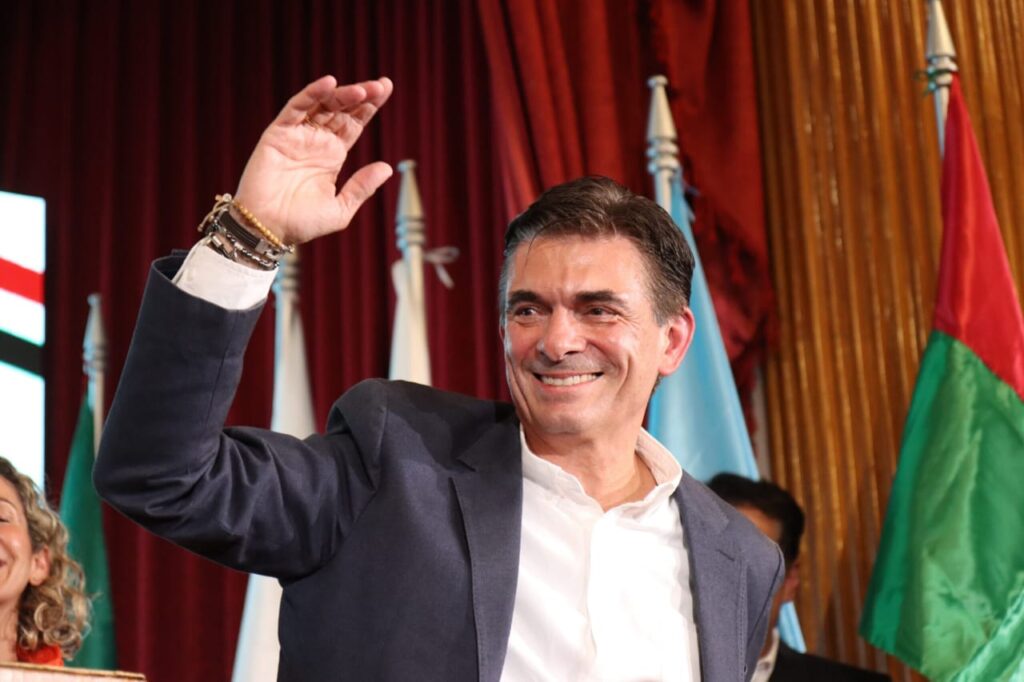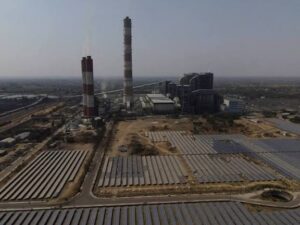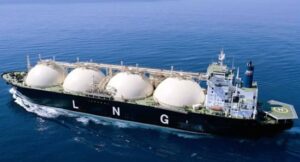Bolivia’s newly inaugurated President Rodrigo Paz is taking swift steps to address the country’s chronic energy crisis and overhaul long-standing fuel subsidies that have strained public finances for decades.
Paz, a centrist senator, ended nearly 20 years of socialist rule under Evo Morales in last month’s election, winning 32% of the vote and defeating conservative former President Jorge Quiroga in the run-off. The left-wing Movimiento al Socialismo (MAS) suffered a historic defeat, signaling widespread voter demand for economic change.
Fuel subsidies in Bolivia, which have at times consumed up to 8% of the nation’s GDP, are widely blamed for depleting foreign reserves, encouraging fuel smuggling, and worsening economic instability. Under Morales’ administration, nationalized energy policies and universal subsidies contributed to declining natural gas production and persistent fuel shortages.
The new government plans to replace the universal subsidy with a more targeted system aimed at supporting vulnerable citizens and small businesses rather than subsidizing luxury fuel consumption or smuggling operations. “The subsidy must reach those who genuinely need it,” said Energy Minister Mauricio Medinaceli, highlighting the inefficiencies of the previous system.
Bolivia’s economy faces significant challenges, with the International Monetary Fund projecting only 0.6% growth this year alongside inflation of 20.8%. The IMF has warned that without reform, Bolivia risks a severe fiscal and balance-of-payments crisis. It has recommended a multi-year fiscal consolidation plan, including subsidy reductions, rationalized spending, and a lower wage bill.
Paz’s administration is also signaling a shift in foreign relations. While Morales had aligned Bolivia more closely with China, Russia, and Cuba, Paz has expressed intent to strengthen ties with the United States. The U.S. sent Deputy Secretary of State Christopher Landau to lead its presidential delegation at Paz’s inauguration, marking a renewed chapter in bilateral relations.
As Paz takes office, the country faces the delicate task of stabilizing its fuel market, restoring energy production, and rebuilding public finances while maintaining social and political support.









